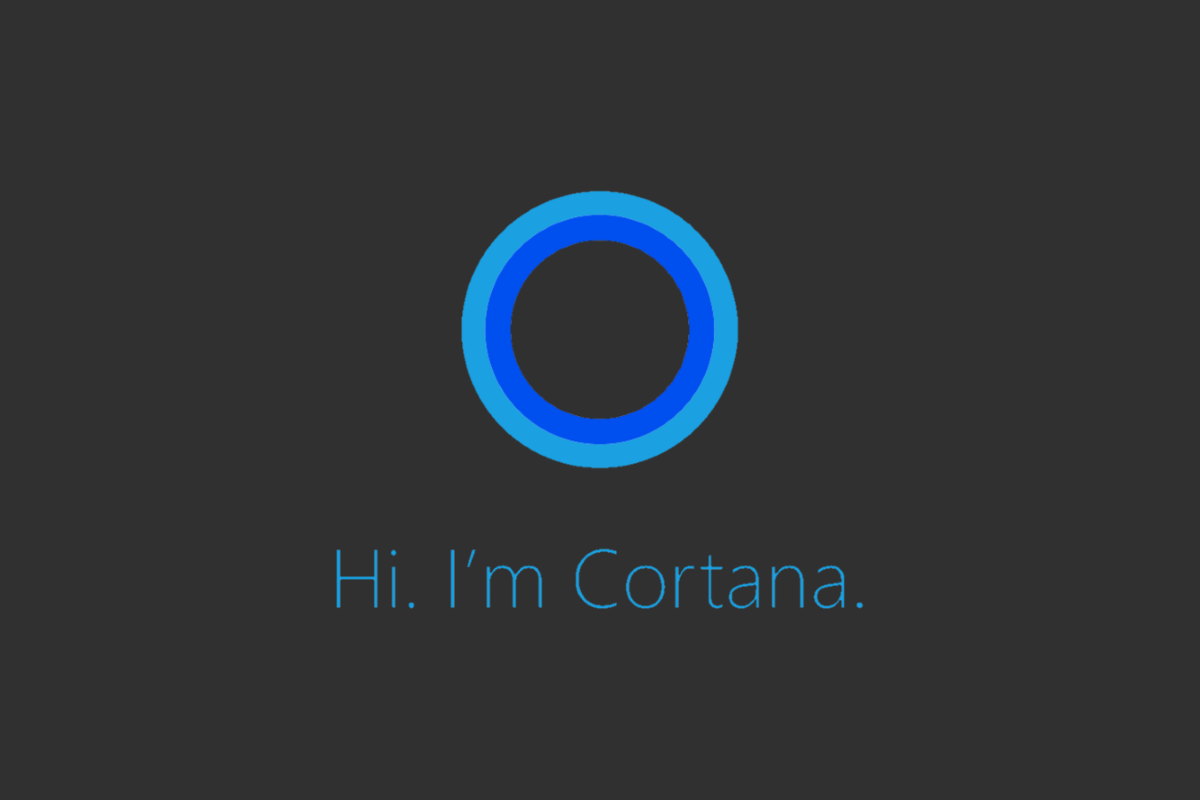Microsoft is finally killing off its Cortana virtual assistant, at least on Windows, the company wrote today in a support document. The standalone Cortana app that you probably don't even realize is installed on your PC won't be supported beginning later on this year.
The news comes on the heels of the announcement of Windows Copilot, which was shown at Microsoft's Build 2023 conference just a week ago. Interestingly, when I talked to Microsoft's Aaron Woodman after the lauch, I was told explicitly, in no uncertain terms, that Windows Copilot was not replacing Cortana, and that those serve two completely different purposes.
In the support document announcing the end of the Cortana era, Microsoft notes that you'll still be able to access AI experiences in Windows 11, and calls out Windows Copilot by name. Alongside that, there's the new Bing, Microsoft 365 Copilot, and voice access in Windows, the last of which lets you control your PC with your voice.
The writing has been on the wall for Cortana for some time now. It was first introduced as a virtual assistant for Windows Phone 8.1, back in 2014, competing with the likes of Apple's Siri. In 2015, it launched on the desktop with Windows 10, and then it started to feel like Microsoft was putting Cortana everywhere. It started showing up in apps like Office and such, similar to what we're seeing with Copilot now. There were third-party Cortana devices too, like the Harman Kardon Invoke smart speaker and the Johnson Controls Glas thermostat, both of which are no longer supported.
Soon after it started becoming apparent that Cortana wouldn't compete with Amazon Alexa, Microsoft started to roll back. Cortana was stripped out of Windows, becoming a standalone app rather than something you found in the taskbar. For a couple of years now, it's just kind of lived as an app on Windows 11, with no news arriving about any kinds of new features.
Now is the era of Bing Chat and Copilot. In case you haven't heard any Microsoft messaging as of late, the firm is pushing hard with AI. And it's moving forward with GPT-4, rather than using a basic voice assistant like Cortana.
Microsoft pointed out that Cortana continues to live on in Outlook mobile, Teams mobile, Teams display, and Teams rooms. However, if you haven't used it before on those products, it's probably not the best time to build a work flow around it.

